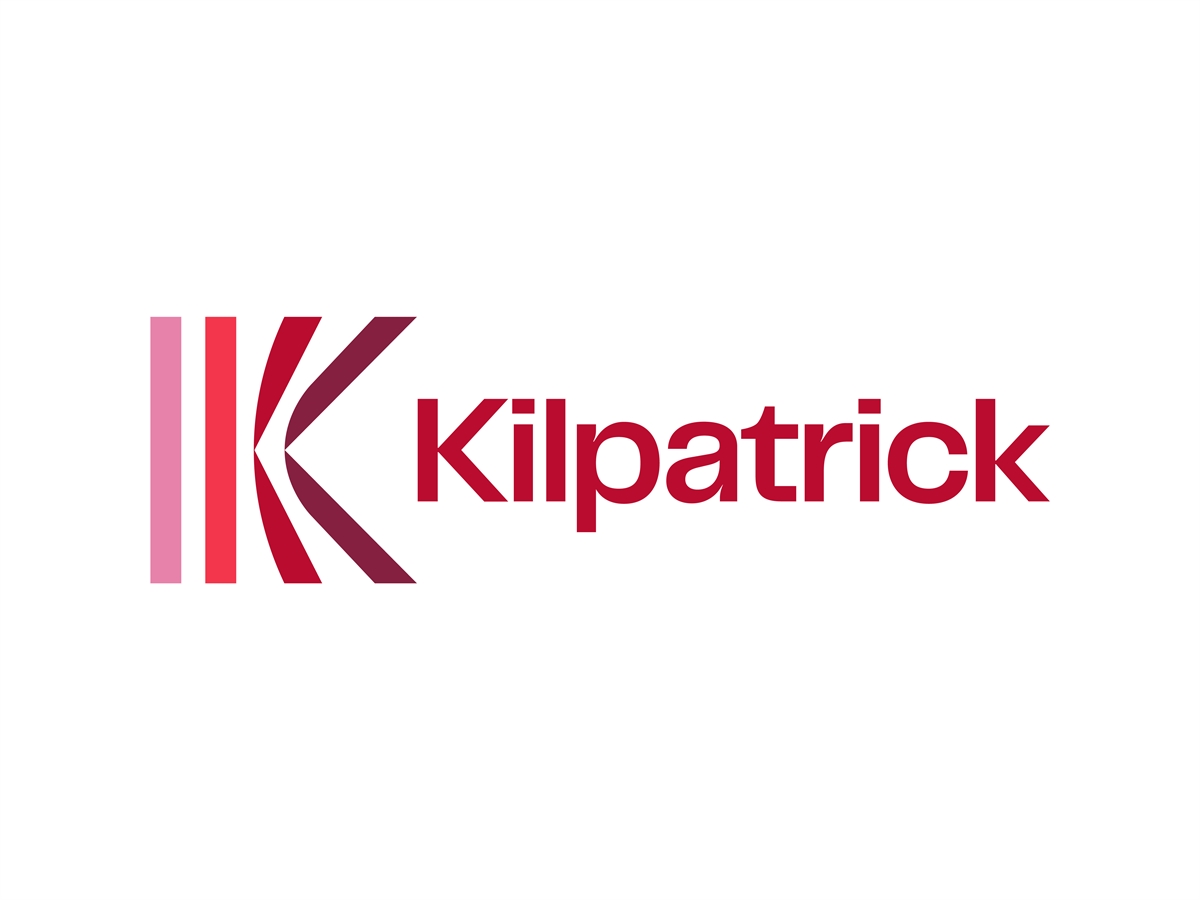Employment law in Illinois is constantly evolving. Now is the time to review and update your employee handbooks to stay compliant heading into the new year. Below are some key legal developments that employers should be aware of:
New Law
Family Neonatal Intensive Care Leave Act
Effective June 1, 2026
Employers with 16–50 employees must provide up to 10 days of unpaid, job-protected leave for time their employees spend with their newborn in the NICU.
Employers with 51+ employees must provide up to 20 days of unpaid leave.
This leave is in addition to leave under the Family and Medical Leave Act.
Employers may not require employees to use paid leave.
Amendments to Existing Laws
Nursing Mothers in the Workplace Act
Effective January 1, 2026
Employers must provide paid breaks for nursing employees to express breast milk for up to one year after childbirth.
Employers cannot require employees to use paid leave or reduce their pay during these breaks.
Employee Blood and Organ Donation Leave Act
Effective January 1, 2026
Employees are entitled to up to 10 days of leave per 12-month period for organ donation; unclear as to whether the leave time must be paid.
Both full-time and part-time employees must be allowed one hour of paid leave every 56 days to donate blood.
Applies to employers with 51+ employees.
Victims’ Economic Security and Safety Act
Effective January 1, 2026
Employers may not take adverse action against employees who use work-issued devices to document incidents of domestic, sexual, gender-based violence or other violent crimes committed against themselves or their family members.
Employers must provide access to any media (photos, videos, audio) recorded on those devices related to such incidents.
Workplace Transparency Act
Effective January 1, 2026
Severance and other employment agreements cannot unilaterally:
Restrict employee’s rights to engage in concerted activity under the National Labor Relations Act
Shorten statutory deadlines or require non-Illinois law/venue for Illinois employee claims
Assert that confidentiality is preferred by the employee
Consideration is now required for confidentiality provisions, separate from consideration provided for release provisions.
Illinois Human Rights Act
Effective January 1, 2026
The Department may decline to hold a fact-finding conference in employment-related complaints.
Penalties are increased for repeat violations — up to $70,000 for two or more within seven years.
Illinois Human Rights Act (Use of AI)
Effective January 1, 2026
Prohibits AI use in connection with recruitment, hiring, promotion, discharge, tenure, or other terms and conditions of employment to discriminate based on an individual’s protected class or zip code.
Employer must notify employee when AI is used in connection with employment decisions.
ICYMI: Recent Laws Enacted in 2025
Military Leave Act
Effective August 1, 2025
Formerly the Family Military Leave Act.
Requires up to 8 hours of paid leave per month, and up to 40 hours per year, for employees participating in military funeral honors.
Applies to employers with 51+ employees
Equal Pay Act
Effective June 3, 2025
Wage Payment and Collection Act
Effective August 1, 2025 (retroactive)
Illinois Department of Labor wage claim decisions become collectible if unpaid within 35 days after judicial review or the expiration of the appeal window.
Applies to pending claims as well.
Stalking No Contact Order Act
Effective August 15, 2025
Expands the definition of stalking to include harassment that is unreasonable and causes emotional distress.
Contacting or surveilling an employee at work is presumed to cause such distress.
Workers’ Rights and Worker Safety Act
Effective August 14, 2025
Prohibits Illinois agencies from weakening state rules below the level of federal wage/hour and mine safety laws as of April 28, 2025.
Designed to maintain robust worker protections in the face of potential federal rollbacks.
Next Steps:
Ensure your employment policies and agreements reflect these updates. Consider a year-end compliance review to reduce legal risk in 2026.

